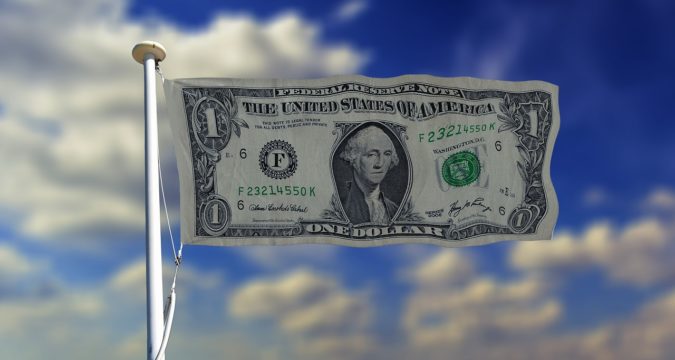
On Monday, sterling steadied against the U.S. dollar, as markets became cautious due to record-high daily new COVID-19 cases in the United States and new lockdown measures in Europe. This prompted riskier currencies to lose out. Over the weekend, new coronavirus cases in the US reached record highs, with hospitalizations hitting a two-month high. As far as Europe is concerned, a state of emergency was announced in Spain and new lockdown measures were imposed in Italy for curbing the second wave of coronavirus cases. The safe-haven dollar climbed and equities fell, as markets were swept by a wave of risk-aversion. The euro declined 0.5% against the U.S. dollar.
The pound was trading flat against the U.S. dollar at $1.3043, but it was up against the Euro by 0.4% at 90.54 pence. For pound traders, negotiations for a Brexit trade deal remained the focus, as the European Union and the United States just have over two months left to come to an agreement about their future trading relationship, ahead of a December 31st deadline. Michael Barnier, the chief negotiator for the European Union, has extended his London stay for intense Brexit negotiations until Wednesday, October 28th. This news didn’t have much impact on sterling.
Market strategists said that news about the EU-UK extending trade talks till October 28th has definitely brought about some optimism that a free trade deal can be made. However, given the economic underperformance of the UK, which has prompted quantitative easing by the Bank of England in November and a possibility of negative rates next year, there are doubts that a Brexit trade deal will bring about a reassessment of the pound’s prospects. However, there are some hopes that a trade deal could be reached with Brandon Lewis, the Northern Ireland minister, and the deputy Prime Minister of Ireland expressing their optimism on Sunday.
According to the forex strategists at Goldman Sachs, Brexit developments appeared to be positive. They said that even though Sterling had underperformed on Friday, there was a good chance that it would be much higher by the year-end. On Monday, the EU’s markets watchdog said that asset managers and banks based in the bloc should do most of their trading within the European Union, after a full Brexit comes into effect from January 1st, 2021. This would be helpful in fragmenting cross-border markets. Elsewhere, market sentiment wasn’t bolstered by the news of a COVID-19 vaccine being developed by AstraZeneca, the British drugmaker, and the University of Oxford.
The news said that this particular vaccine was able to produce an immune response amongst the elderly, as well as young people. The health minister in Britain said that they were expecting this new vaccine to be rolled out within the first half of the next year. Until a trade deal is agreed upon and Brexit negotiations continue, there is unlikely to be any change in the value of the sterling. The outcome will depend on whether a trade deal is made between the UK and the European Union.


